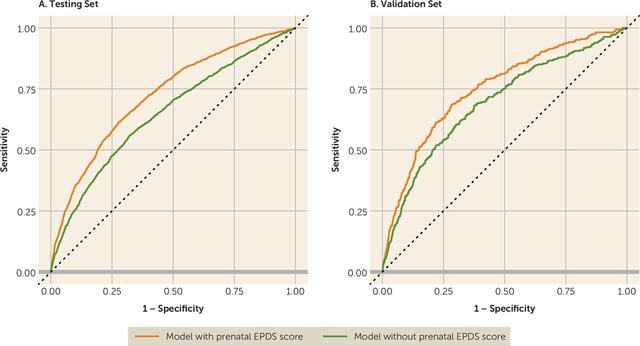Overview
- A machine learning model predicts nearly 30% of postpartum depression cases and rules out 90% of non-cases, using clinical and demographic data available at hospital discharge.
- Postpartum depression affects about 9% of individuals within six months of delivery, with early intervention critical to improving outcomes for mothers and children.
- A separate study reveals that women with a sister who experienced postpartum psychosis are over ten times more likely to develop the condition, though the absolute risk remains low at 1.6%.
- The familial risk study also highlights that having a sister with both bipolar disorder and postpartum psychosis increases the risk 14-fold, emphasizing the genetic component.
- Researchers are now validating the machine learning model in real-world settings and exploring clinical integration to enhance early detection and prevention strategies.

